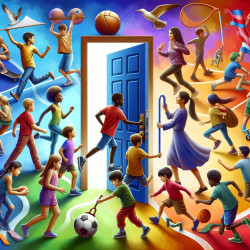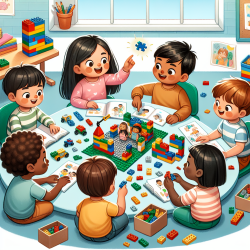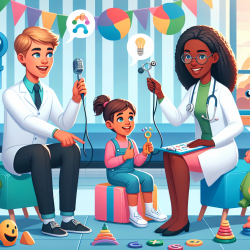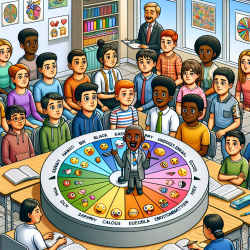Understanding the Relative Age Effect in Children's Physical Literacy
In the world of child development and education, the concept of the Relative Age Effect (RAE) is gaining attention. This phenomenon occurs when children born earlier in the year tend to have developmental advantages over their younger peers within the same age group. A recent study titled "Influence of the Relative Age Effect on Children’s Scores Obtained from the Canadian Assessment of Physical Literacy" sheds light on how this effect impacts children's physical literacy scores.
The Study: An Overview
The study, conducted by Dutil et al., aimed to explore whether the Canadian Assessment of Physical Literacy (CAPL) scores were influenced by the RAE. The CAPL evaluates children's physical literacy across four domains: Physical Competence, Daily Behaviours, Motivation and Confidence, and Knowledge and Understanding. The researchers examined a sample of 8,233 children aged 8 to 12 from various Canadian provinces.
Key Findings
The study revealed that while there were some associations between RAE and CAPL scores, the effect sizes were generally negligible. Specifically:
- Boys and girls born in the first three months of the year were taller and demonstrated greater muscular strength than those born later.
- RAE was significantly associated with two domains for boys and three for girls, but the overall CAPL scores showed negligible differences.
- The study suggests that RAE bias is not a major factor in assessing physical literacy using the CAPL.
Implications for Practitioners
For practitioners working in speech-language pathology and related fields, understanding the RAE can be crucial in tailoring interventions. Here are some practical steps:
- Individualized Assessment: Consider the child's birth month when assessing their development and tailor interventions accordingly.
- Holistic Approach: Focus on all domains of physical literacy, not just physical competence, to provide a well-rounded developmental support.
- Continuous Monitoring: Regularly evaluate progress to adjust strategies, ensuring that interventions remain effective and relevant.
Encouraging Further Research
While this study provides valuable insights, it also opens the door for further research. Practitioners are encouraged to explore how RAE might affect other developmental areas, such as cognitive and emotional growth. By expanding our understanding, we can better support children in reaching their full potential.
To read the original research paper, please follow this link: Influence of the relative age effect on children’s scores obtained from the Canadian assessment of physical literacy.










